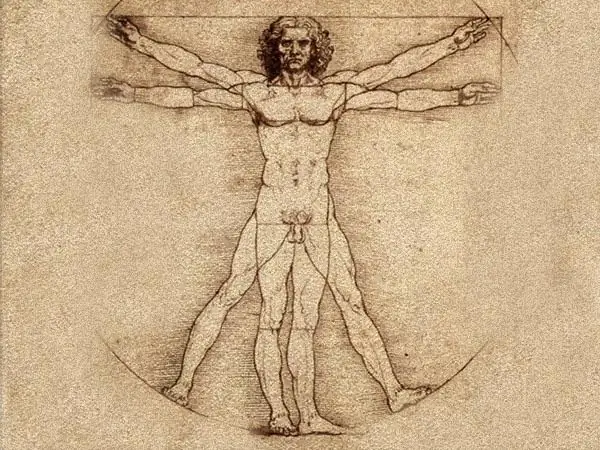- Author Evan Saunder saunder@psychicslog.com.
- Public 2023-12-17 04:58.
- Last modified 2025-01-24 13:57.
In 1913, psychiatrists discovered a causal relationship between diseases of the body and the state of the human psyche. Then the term "psychosomatics" appeared, denoting a branch of medicine in which these diseases are studied. Often, a person treats this or that disease with medication without any effect, because it has a psychosomatic nature, and medications relieve the symptom, but do not get rid of the disease itself.

Psychologists have identified 7 reasons for the occurrence of psychosomatic ailments:
- Internal conflict. That is, when consciousness and subconsciousness are in confrontation. And often this is a conflict between children's reactions and adult behavior patterns. For example: a person has been offended, he wants to yell at the offender, but this is not accepted, and he is holding back. If this happens for a long time, he will have throat or dental ailments (suppressed aggression).
- Conditional benefit. Here we are talking about those cases when the disease allows you to hide the problematic fact from consciousness. For example: the wife is tired of her husband's betrayal, but does not want a divorce, she cannot somehow deal with the problem, and the only thing she does is “close her eyes” to the situation. This perception over time will lead to eye disease (the body will respond to the desire "not to see").
- Someone else's suggestion. Here are the key factors: long exposure time and the importance of the one who inspires. For example, a mother tells her son that if he goes out into the street, he will get sick. The subconscious mind will perceive this suggestion as a signal for action, and the body will respond. And even as an adult, the son of this mother will be ill every time after going out into the street.
- Following the ideal. Here is an unconscious rejection of one's own body, from its natural appearance, in an attempt to achieve the ideal chosen by consciousness. For example: a teenage girl adjusts herself to "fashionable" standards, looks for flaws, and does not like the body, rejects it, subconsciously blocking one or the other part of it.
- Self-punishment. In this case, a person destroys himself, trying to remove the feeling of guilt for violating the moral code. For example: the mother taught her son that women should not be beaten, but he hit his wife in anger. For him, this is a grave offense. And if guilt will torment for a long time, then the person will unconsciously punish himself with some kind of disease.
- Stress. Psychosomatic illness can appear after a serious event. A person has many strong emotions that do not find a way out for a long time, which leads to illness. For example: a woman is fired from her job, but she has children and does not have a husband. She is afraid, but tries not to express fear, which will find embodiment in insomnia, overeating, drunkenness or other ailments.
- Childhood psychological trauma. This reason comes from a very early period, it is the deepest and most powerful of all. For example: the mother pays little attention to the child, but her attitude changes when he is sick. Then the mother surrounds him with care, and this happens often. Growing up, this child will get sick whenever he wants someone else's attention.
The most common psychosomatic ailments, scientists include: asthma, hypertension, neurodermatitis, stomach and duodenal ulcers, ulcerative colitis, rheumatoid arthritis and hyperthyroidism. And in order to cure a psychosomatic illness, you need, first of all, to learn how to work with your emotions.






